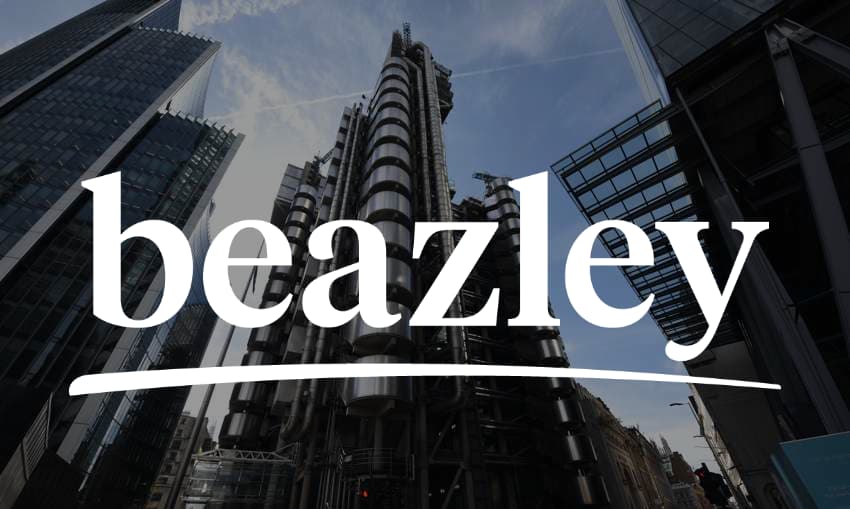By Loretta L. Worters, Vice President, Media Relations, Triple-I
Remote work, while providing a respite to many from long commutes and surging gas prices, can increase the vulnerability of domestic violence victims. Heightened risks involve not only emotional and physical but also financial abuse – often one of the main reasons victims are unable to leave or have to return to the abusive relationship.
Domestic violence cases increased between 25 percent to 35 percent globally with the start of the pandemic in 2020 and show few signs of abating, according to the American Journal of Emergency Medicine. Financial dependency is a common tool abusers use to gain power and control in a relationship. Victims continue to be isolated, exploited, and prevented from developing the resilience needed to break free and achieve independence.
Without financial or insurance literacy, renting an apartment or purchasing a car to escape an abuser can be almost impossible for victims – particularly for Black women, who are disproportionately affected.
In support of Domestic Violence Awareness Month, Triple-I offers five financial strategies victims can use to protect themselves financially before and after leaving an abusive relationship:
- Securing financial records, including insurance policies;
- Knowing where the victim stands financially;
- Building a financial safety net;
- Making necessary changes to insurance policies; and
- Maintaining good credit, which can also affect access to insurance.
Credit-based insurance scores are confidential numerical ratings based, in whole or in part, on a consumer’s credit information. Many insurers use these scores – in conjunction with other factors – to help underwrite and price policies, especially for homeowners’ and personal automobile insurance. Actuarial studies find a strong correlation between how people manage their financial affairs and the likelihood of their submitting insurance claims.
Abuse victims often have bad credit for a variety of reasons. The National Coalition Against Domestic Violence (NCADV) reports that victims of intimate partner violence lose a total of 8.0 million days of paid work each year, with a cost exceeding $8.3 billion annually. As many as 60 percent of victims lose their jobs for reasons stemming from the abuse, and how much abuse women will endure correlates statistically with their degree of economic dependence.
“Manipulating money and other economic resources is one of the most prominent forms of coercive control and yet many victims don’t even realize they are being controlled,” said Ruth Glenn, president and CEO of the NCADV and author of the memoir, Everything I Never Dreamed, which chronicles her battle against abuse, violence, and attempted murder. “That’s why it’s so important for victims to keep their checks, bank cards, and insurance policies in a safe spot that only they know – and, when leaving that abusive relationship, that they take precautions to keep themselves protected through an address confidentiality program.”
Those in crisis and needing immediate assistance, please call 1-800-799-SAFE (7233).
“The financial education provided by the Insurance Information Institute can be life-saving and will make a real difference for many, many people,” Glenn said.
Other insurance industry resources for victims of domestic violence are The Insurance Industry Charitable Foundation – which has volunteered services at Mosaic House, a shelter for women and children fleeing domestic violence and human trafficking in North Texas, and provided grants to organizations like Dawn Rising, Human Options, the Joe Torre Safe At Home Foundation, the Philadelphia Children’s Alliance , the Center for Safety and Change, Women Rising, the WINGS Program, and Sarah’s Inn – and The Allstate Foundation’s relationship abuse program, which is the longest-running national program focused on ending domestic violence through financial empowerment services for survivors.





































